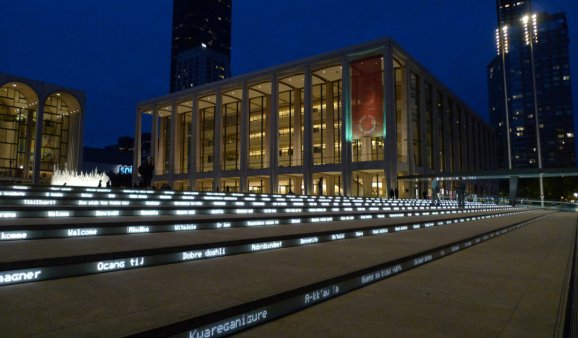
Program
Antonín Dvořákbio:
Legend in B-flat minor, Op. 59/10
Místo klekání (mixed choir), Op. 29/1
Slavonic Dance No. 7, Op. 46/7
Violin Concerto in A minor, Op. 53
Symphony No. 8 in G major, Op. 88
Featuring
Other information
The event is about 2.5 hours long.
About the event
One of the composers spotlighted this season by the Budapest Festival Orchestra is Antonín Dvořák. The concert, featuring the violinist Renaud Capuçon, will offer a colourful selection of his works. The performance will also include a choral piece, even though you will not see a choir listed on the programme!
The evening will open with three short compositions: first, a piece from the cycle entitled Legends. This joyful and patriotic set of ten songs is not dance music in the strict sense, but already carries forebodings of the Slavonic Dances, which first brought international acclaim for the composer. The concert will include one of the Op. 46 dances, Skočná, in fast tempo and 2/4 meter. Between the two pieces, the orchestra will perform one of Dvořák’s compositions for mixed choir, the Evening’s Blessings. For years, the BFO’s musicians have also been polishing their skills as a choir; the programme of this concert will once again provide them with an opportunity to show off how far they have come.
Dvořák composed his Violin Concerto in A minor one year after the Slavonic Dances, and in its finale it bears some resemblance to the dance cycle. The three-movement work breaks with tradition in several ways: at the time of its premiere many took issue with the abbreviated instrumental introduction of the first movement, the slow movement which follows the first without a break, and the meandering Czech finale. Its critics included the Hungarian star of the violin, Joseph Joachim, to whom the work was dedicated. Fortunately, however, Dvořák stood his ground. Joachim never played the solo – unlike the French Renaud Capuçon, the former concertmaster of Claudio Abbado’s, who will be a return guest with the BFO.
The second half of the concert will feature Dvořák’s Symphony No. 8 in G major, his arguably most intimate and original work in the genre. In search of a new path and new sounds, he composed this inward piece, classical in form, yet encompassing a broad spectrum of emotions and including Slavic motifs. The birdsong of the flute, or the trumpets inviting us all to join the dance, are just the most conspicuous elements that determine the intimate and optimistic atmosphere of the symphony.
